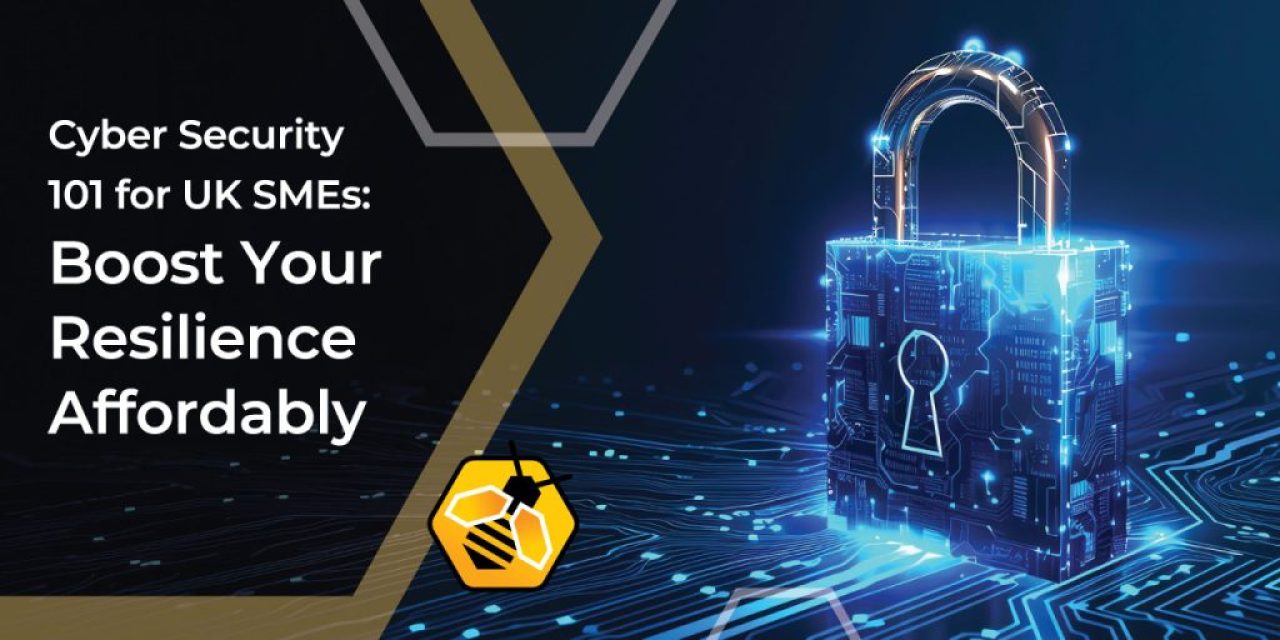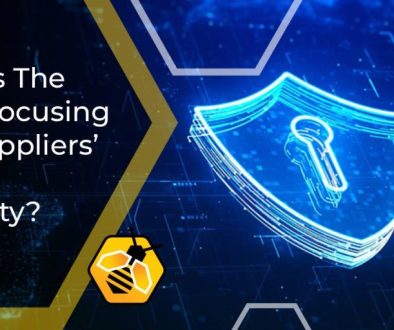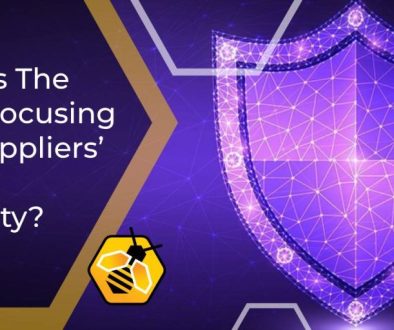Cyber Security 101 for UK SMEs: Boost Your Resilience Affordably
Looking for an introduction to cyber security? You’ve come to the right place.
As a Small or Medium-sized Enterprise (SME) in the UK, you might feel like effective cyber security is a problem only for big corporations with unlimited budgets. The truth is, modern security requires the careful coordination of people, processes, and technology, and a single breach can be devastating for a smaller operation. Many SMEs start at a disadvantage due to a lack of understanding and resources, often leading to costly and ineffective decisions.
The good news? Getting started with the basics of cyber security doesn’t have to break the bank.
At Bee IT Solutions in Leeds, we specialise in helping businesses like yours build robust cyber resilience—the ability to prepare for, respond to, and recover from cyber-attacks—without unnecessary complexity or expense.
Here is your essential guide to getting started while keeping costs to a minimum.
Debunking Common Cyber Security Myths
Taking the wrong initial decision can be the most expensive mistake you make. Let’s tackle some pervasive myths that can steer SMEs down the wrong path:
Myth 1: “We’re too small to be a target.”
- The Reality: Cyber criminals often use automated tools to scan for any vulnerability, regardless of company size. SMEs are prime targets because they often have valuable customer data but fewer security measures than large enterprises. Attacks are often opportunistic, not targeted.
- Avoid: Don’t delay implementing basic security measures. Assuming you’re safe is the biggest risk.
Myth 2: “If we buy an expensive firewall, we’re covered.”
- The Reality: Technology is only one part of the security puzzle. The biggest vulnerability is often your staff. A sophisticated firewall won’t stop an employee from clicking a phishing link.
- Avoid: Putting all your budget into a single piece of hardware or software. Security must be holistic, focusing equally on people and processes.
Myth 3: “Our IT guy handles everything.”
- The Reality: Cyber security is a business risk, not just an IT task. Your IT provider handles maintenance and support, but the strategic decisions (which data to protect, what policies to enforce) are the responsibility of the business owners and management.
- Avoid: Outsourcing responsibility entirely. You need to work with your IT partner to define your strategy and ensure staff follow procedures.
Key Considerations for Your Cyber Security Strategy
Developing a strategy doesn’t mean writing a 100-page document. For an SME, it means making a few fundamental decisions about what you need to protect and how you will protect it.
- Identify Your Assets (The Crown Jewels):
- What data is most sensitive? (e.g., customer payment details, confidential client lists, intellectual property).
- Where is this data stored? (on local servers, in the cloud, on laptops).
- Strategic Action: Knowing what your most valuable digital assets are determines where you must focus your limited budget.
- Establish a Baseline Standard:
- Look to recognised frameworks. In the UK, the Cyber Essentials scheme is the ideal starting point. It defines five key technical controls that address most common attacks.
- Strategic Action: Aim to achieve Cyber Essentials certification. It provides a clear roadmap and demonstrates a commitment to security to your clients.
- Define Incident Response (The Plan B):
- What happens immediately if you suffer a breach? Who does staff report to? Who contacts your IT provider?
- Strategic Action: Document a simple, clear Incident Response Plan and ensure key personnel know their roles. This dramatically reduces damage and recovery time.
Effective and Affordable Measures to Improve Security Today
You can immediately start improving your security posture with these low-cost, high-impact measures.
1. Enforce Multi-Factor Authentication (MFA)
This is perhaps the single best thing you can do to prevent account takeover. MFA requires users to provide two or more verification factors to gain access (e.g., a password and a code from an app).
- Why it works: Even if an attacker steals a password via phishing, they can’t log in without the second factor.
- Cost: Often free or included with your existing cloud services (like Microsoft 365 or Google Workspace).
- Action: Enable MFA on all critical services, especially email, VPNs, and cloud storage.
2. Prioritise Patch Management and Updates
Software vendors release patches to fix known security holes. Running outdated software is like leaving your back door unlocked.
- Why it works: Keeps operating systems (Windows, macOS) and applications (browsers, accounting software) secure against known exploits.
- Cost: Free, as updates are provided by vendors. The cost is the time to manage and install them.
- Action: Enable automatic updates wherever possible. If you need assistance managing updates across your business, your IT support partner can help.
3. Focus on Staff Cyber Security Training
Your employees are your first line of defence. Regular, concise training is one of the most effective ways to boost cyber resilience.
- Why it works: Staff learn to spot phishing emails, use strong passwords, and understand company policy.
- Cost: Affordable, with many online training platforms available. Or, partner with Bee IT Solutions for tailored, in-person training sessions.
- Action: Implement mandatory, quarterly security awareness training for all staff.
4. Invest in Business-Grade Endpoint Protection
A standard free antivirus is often insufficient for a business environment. Endpoint Protection (EDR) monitors devices (laptops, PCs) for malicious activity in real-time.
- Why it works: Provides advanced protection against ransomware and new, sophisticated threats that signature-based antivirus misses.
- Cost: A predictable, low-cost monthly subscription per user.
- Action: Replace consumer antivirus with a centralised, business-managed Endpoint Detection and Response (EDR) solution.
Ready to Build Your Cyber Resilience?
Building a strong cyber security strategy doesn’t require a massive investment, but it does require expertise and a commitment to action.
If you’re a UK SME looking for straightforward, affordable guidance, Bee IT Solutions in Leeds is here to help. We work with you to implement the right people, processes, and technology controls that align with your budget and business goals.
Contact us today for a no-obligation review of your current security posture.




